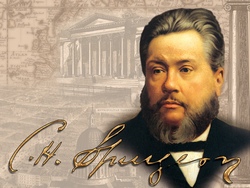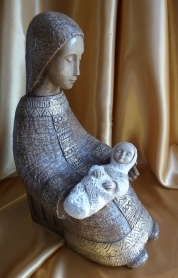Gratitude for God's Holy Angels
 Where can we begin as we thank God the Father, God the Son, and God the Holy Spirit for telling us what we need to know about the true identity of the Triune God and what each Person of the Godhead has done and will do in the created universe?
Where can we begin as we thank God the Father, God the Son, and God the Holy Spirit for telling us what we need to know about the true identity of the Triune God and what each Person of the Godhead has done and will do in the created universe?
First, the Father, through Christ the Son, as revealed by the Spirit in the Bible, created millions of wonderful spirit-beings called angels. The Lord asked Job:
“Where were you when I laid the foundations of the earth?
When the morning stars sang together,
And all the sons of God shouted for joy?” (NKJV, Job 38:4, 7; Job 1:6 informs us that “the sons of God” were angels).
How many angels did God create? Approximately 600 million—because one-third of all angels, led by Satan, rebelled against their Creator (Rev. 12:4), and their number was 200 million (Rev. 9:16). That is a large number—but praise God, twice that many remained faithful to Him, in contrast to mankind, where:
All we like sheep have gone astray;
We have turned, every one, to his own way. (Isa. 53:6)
Now, this is the focus of our Thanksgiving meditation this year: We, being limited human beings, need the help of God’s holy angels. “Are they not all ministering spirits sent forth to minister for those who will inherit salvation?” (Heb. 1:14).

 Special thanks to
Special thanks to  From the Dec. 2010 edition of the Body Builder, a newsletter published by Highland Park Church, Kokomo, IN. Used by permission.
From the Dec. 2010 edition of the Body Builder, a newsletter published by Highland Park Church, Kokomo, IN. Used by permission.


Discussion